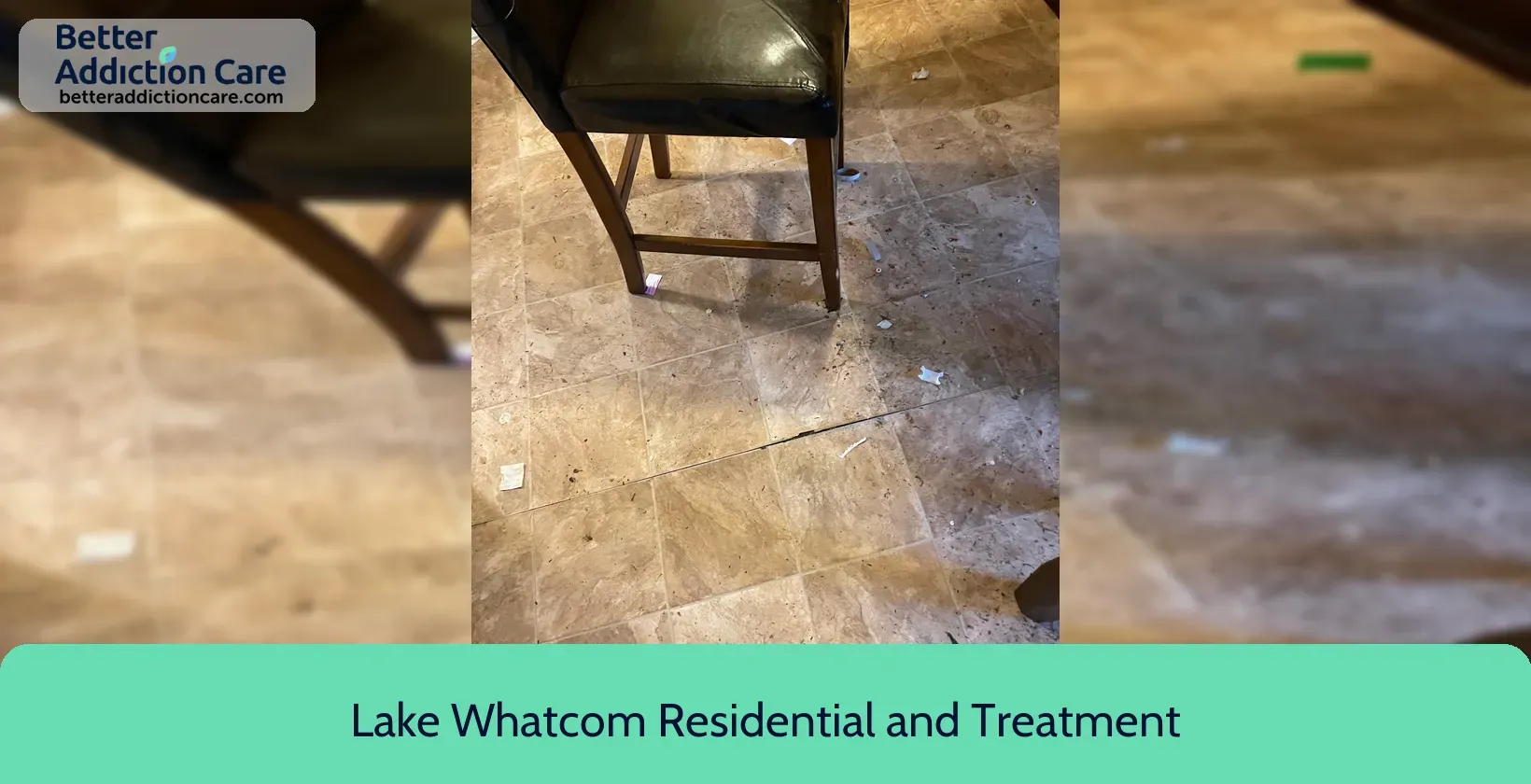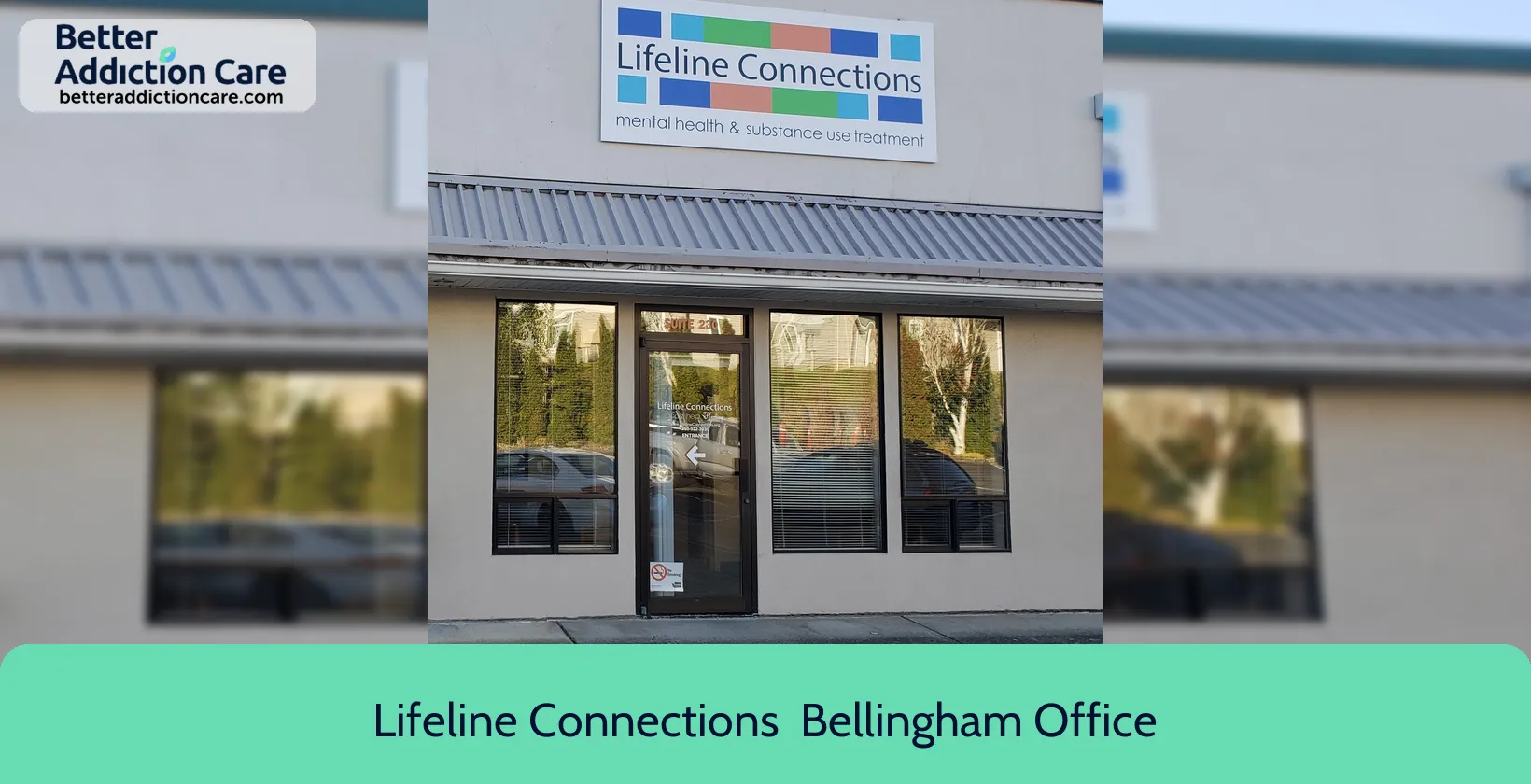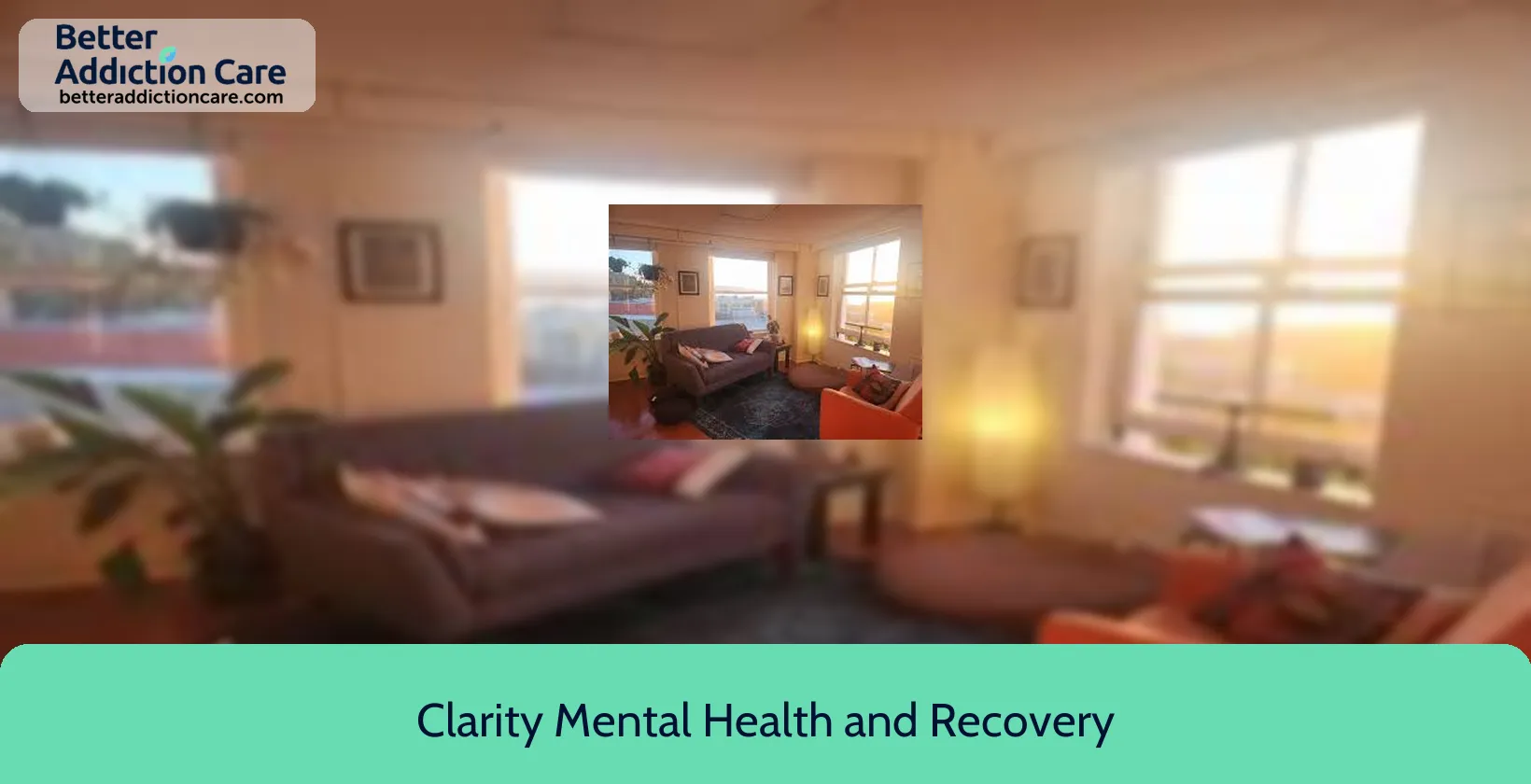Clarity Mental Health and Recovery
Overview
Clarity Mental Health & Recovery, situated in Bellingham, Washington, provides specialized treatment services for adults and teenagers dealing with mental health difficulties and addictions. The institution offers a variety of outpatient services aimed at supporting individual recovery, including tailored care to assist patients in overcoming emotional and psychological issues. The initiative is neither gender- or faith-based, therefore it is open to anybody in need of support.
Clarity provides outpatient programs, intense outpatient care, individual counseling, mindfulness training, and EMDR trauma therapy. Cognitive-behavioral therapy, mindfulness-based techniques, and humanistic and somatic approaches are among the therapeutic modalities offered, each adapted to the unique needs of the patient. Clarity is known for its sympathetic and nonjudgmental approach to treatment. The center also provides a specialized therapy program for first responders.
Clarity Mental Health and Recovery at a Glance
Payment Options
- Cash or self-payment
- State-financed health insurance plan other than Medicaid
- Private health insurance
- IHS/Tribal/Urban (ITU) funds
- Monthly
Assessments
- Screening for tobacco use
- Comprehensive substance use assessment
- Interim services for clients
- Outreach to persons in the community
- Screening for mental disorders
Age Groups
- Seniors or older adults
- Adolescents
- Young adults
- Children/adolescents
- Seniors
Ancillary Services
- Case management service
- Mental health services
- Social skills development
Highlights About Clarity Mental Health and Recovery
7.11/10
With an overall rating of 7.11/10, this facility has following balanced range of services. Alcohol Rehabilitation: 8.00/10, Drug Rehab and Detox: 6.31/10, Insurance and Payments: 6.67/10, Treatment Options: 7.46/10.-
Alcohol Rehabilitation 8.00
-
Treatment Options 7.46
-
Insurance and Payments 6.67
-
Drug Rehab and Detox 6.31
Accreditations
State department of health:

Government agencies issue State Licenses, granting permission to rehabilitation organizations to conduct their business operations lawfully within specific geographic regions. Generally, the particular rehabilitation programs offered by a facility and its physical location dictate the necessary licenses needed for legal operation.
Treatment At Clarity Mental Health and Recovery
Treatment Conditions
- Alcoholism
- Substance use treatment
Care Levels
- Outpatient
- Intensive outpatient treatment
- Regular outpatient treatment
- Aftercare
Treatment Modalities
- Cognitive behavioral therapy
- Telemedicine/telehealth therapy
- Substance use disorder counseling
- Trauma-related counseling
- Smoking/vaping/tobacco cessation counseling
Ancillary Services
Languages
- English
Additional Services
- Pharmacotherapies administered during treatment
- Mentoring/peer support
- Breathalyzer or blood alcohol testing
Special Programs
- Clients with co-occurring mental and substance use disorders
- Veterans
- Active duty military
- Members of military families
- Criminal justice (other than DUI/DWI)/Forensic clients
Get Help Now
Common Questions About Clarity Mental Health and Recovery
Contact Information
Other Facilities in Bellingham

6.74

6.74

6.68

6.65

6.65

6.96

6.71

7.24
DISCLAIMER: The facility name, logo and brand are the property and registered trademarks of Lifeline Connections - Bellingham Office, and are being used for identification and informational purposes only. Use of these names, logos and brands shall not imply endorsement. BetterAddictionCare.com is not affiliated with or sponsored by Lifeline Connections - Bellingham Office.

